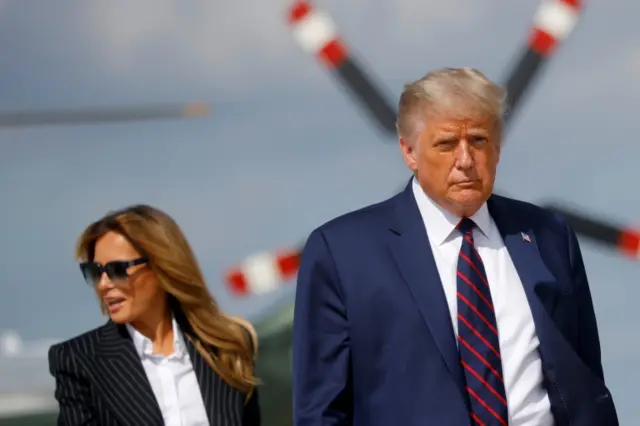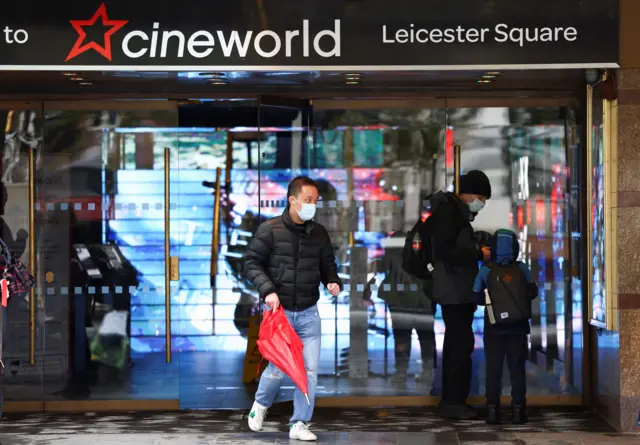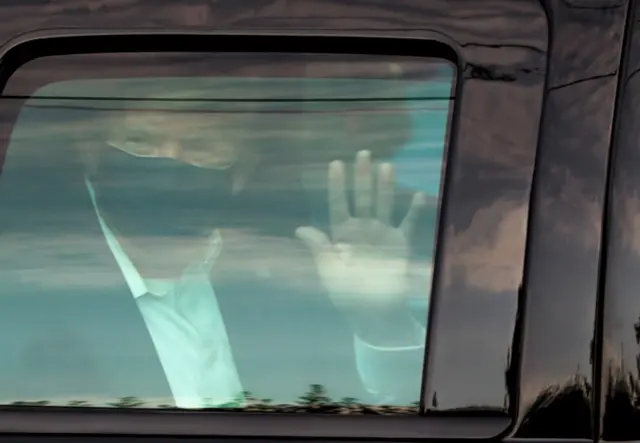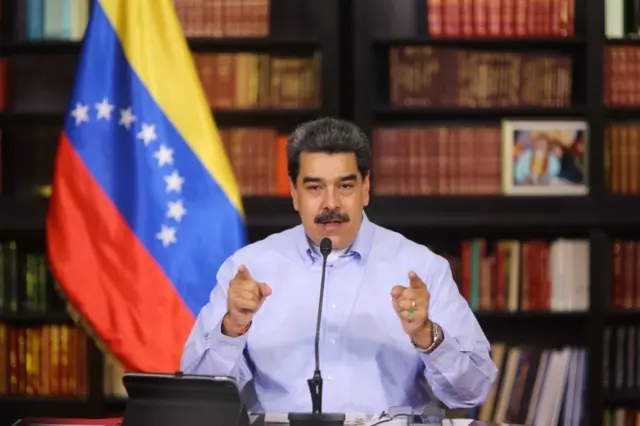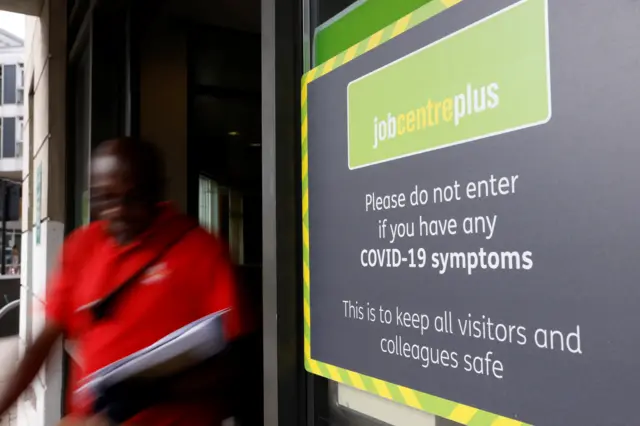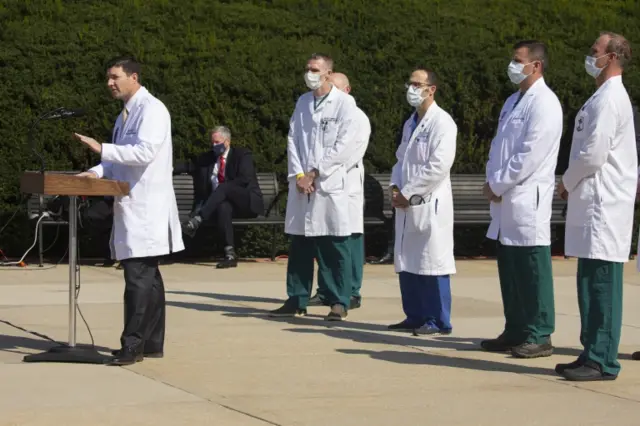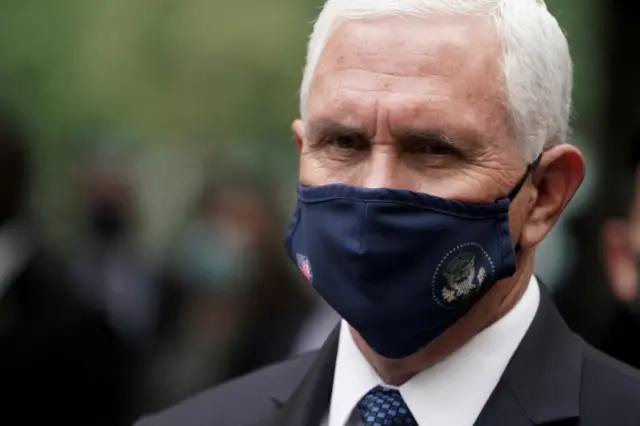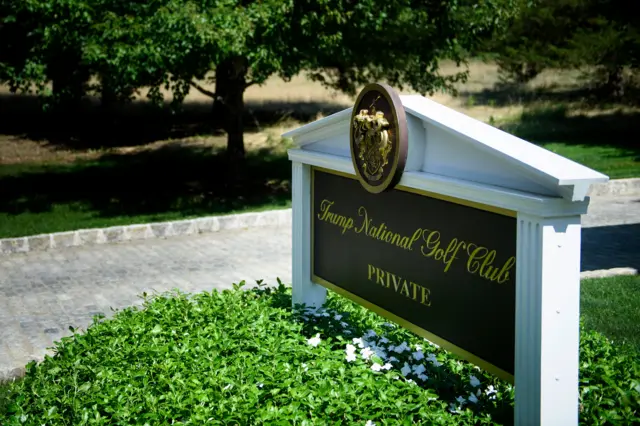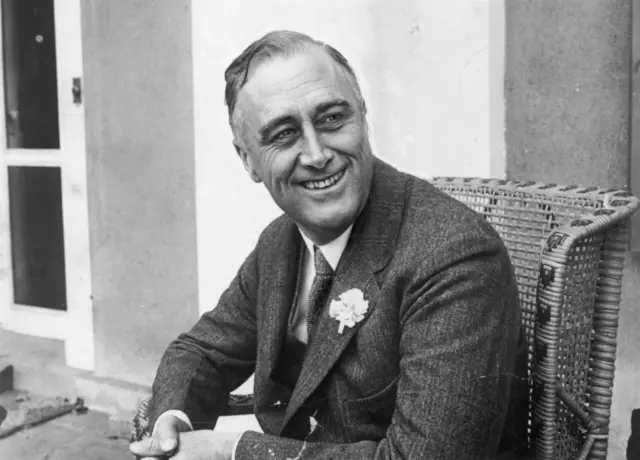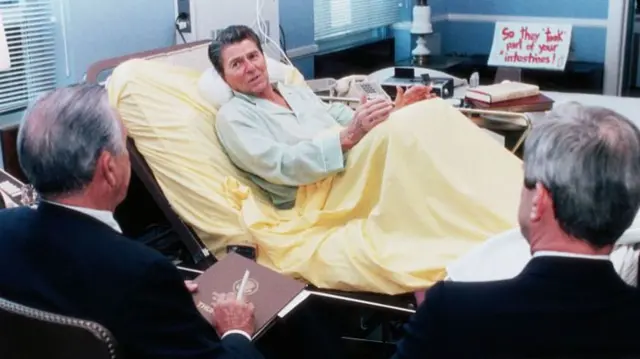UK adds nearly 16,000 missing coronavirus cases after IT glitchpublished at 08:04 BST 5 October 2020
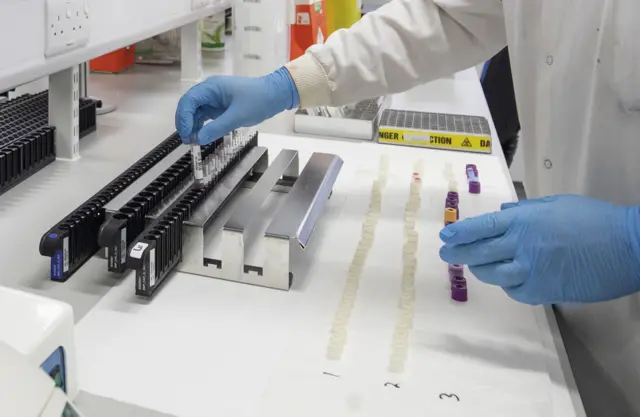 Image source, PA Media
Image source, PA MediaThousands of test results were not included in the daily figures of confirmed cases after an IT error
The UK has reported a huge total of coronavirus cases for the second day running as public health officials get to grips with a technical issue that delayed the recording of thousands of cases in the daily figures.
Yesterday evening's total of 22,961 infections comes after Saturday's figure of 12,872 cases. Between them, both days' figures include 15,841 cases which should have been reported between 25 September and 2 October.
BBC health editor Hugh Pym said the adjustment meant that daily figures for the end of the week were nearer 11,000 than the 7,000 reported.
Public Health England said all the individuals who tested positive have been informed, but the issue delayed contact tracing until 01:00 BST on Saturday, when the information was finally passed on.
Labour's shadow health secretary Jon Ashworth said: "This is shambolic and people across the country will be understandably alarmed."
